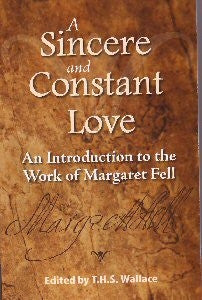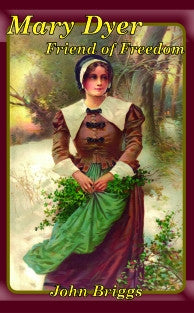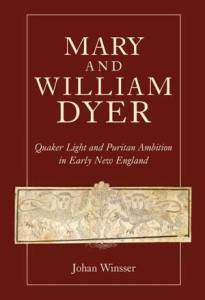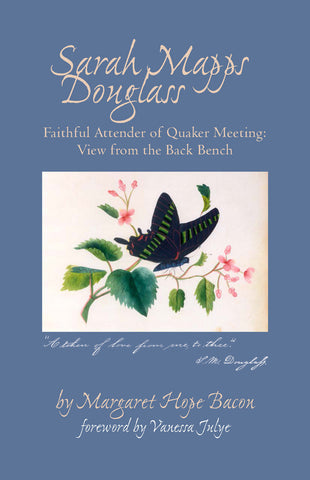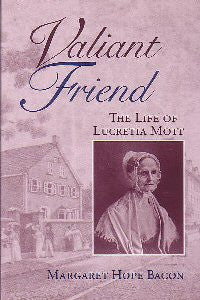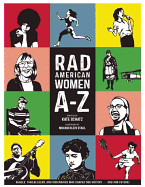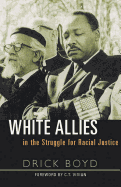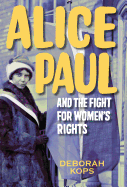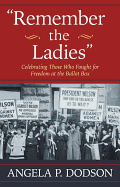7 Quaker Women Who Were Voices for Change
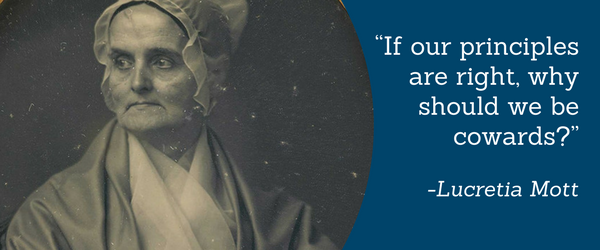
Women have been powerful ministers in the Religious Society of Friends since its creation in the 17th century, and have made history as spiritually-grounded agents of change. Here are seven Quaker women who made a difference through their talents, determination, and their faith.
Margaret Fell: Founder of the Religious Society of Friends with her future husband George Fox, Margaret Fell was a prolific writer and was imprisoned many times for her support of the budding Quaker movement. Her most famous work, "Women's Speaking Justified," was a pamphlet advocating for women's religious leadership using scripture.
Recommended Reading: A Sincere and Constant Love, The Quaker Reader
Mary Dyer: Before she was executed for defying Puritan law, Mary Dyer was an activist and Friend who was dedicated to promoting religious freedom for Quakers despite countless prison sentences and the risk to her own life. Her execution brought about a key provision of the Rhode Island Charter of 1663, which guaranteed religious freedom for settlers of Rhode Island, and eventually paved the way for Constitutional rights guaranteeing freedom of worship.
Recommended Reading: Mary Dyer: Friend of Freedom
Sarah Mapps Douglass: Sarah Mapps Douglass was a scholar, educator, abolitionist, and artist whose legacy has much to teach us now. Her famous watercolor paintings appeared in a rare collection of letters written between friends and represent the earliest surviving signed paintings by an African American woman.
Recommended Reading: Sarah Mapps Douglass
Lucretia Mott: One of the Quaker world's most famous Friends, Lucretia Mott was an abolitionist, a feminist, and a human rights activist. When she and many other women found themselves excluded from the World Anti-Slavery Convention in 1840, Lucretia began forming ideas for promoting equal rights measures for women. She would go on to organize the Seneca Falls Convention with Elizabeth Cady Stanton and was elected the first president of the American Equal Rights Association, a universal suffrage advocacy organization.
Recommended Reading: Valiant Friend, Angels of Progress
Sarah Moore Grimké and Angelina Emily Grimké: Born to a life of privilege and wealth in the South, the Grimké sisters renounced their slave-holding heritage to become two of the most celebrated members of the abolitionist movement in the United States. They were also outspoken feminists who became pioneers for women's rights in America.
Recommended Reading: Rad American Women A-Z, White Allies in the Struggle for Racial Justice
Alice Paul: One of the central figures in the fight to secure voting rights for women, Alice Paul's Quaker upbringing in Mount Laurel, NJ, heavily influenced her activism. She was also the student of some of the most celebrated Quaker education institutions, including Moorestown Friends School (where she graduated top of her class), Swarthmore College, and the Woodbrooke Quaker Study Centre in Birmingham, England.
Recommended Reading: Alice Paul and the Fight for Women's Rights

